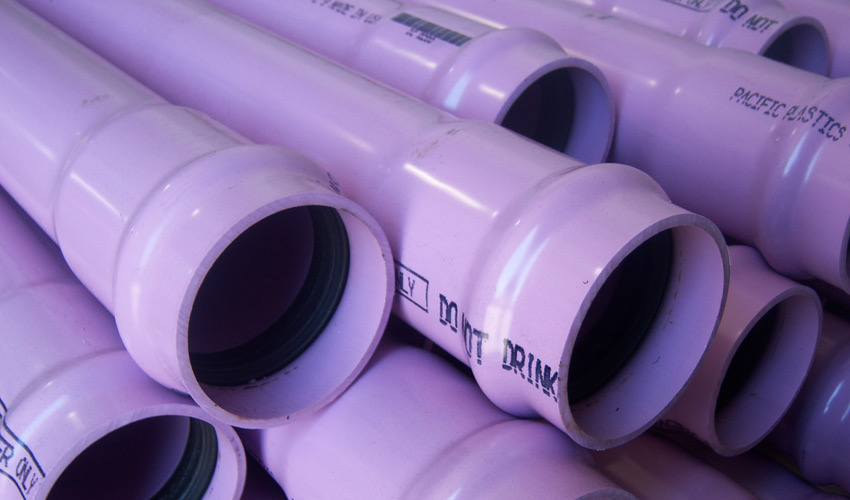
Issues and Priorities
Delivering on the promises of the merger – SB 634 (The Santa Clarita Valley Water Agency Act)
During the formation process of SCV Water, many promises were made to the local community about the benefits of a new consolidated, valley-wide water agency. Gary spoke to the Santa Clarita City Council and local community groups and travelled to Sacramento to address legislators in support of SB 634. His message was simple; it’s the right thing to do for the Valley residents and businesses. After two full years of operation and having commenced the third, many of the promises have become reality. As an example, formation studies indicated the new water agency could save up to $14 million in the first ten years. The first biennial budget prepared by SCV Water now projects savings through FY 20/21 to be almost $20 million! But there is still important work to do going forward.
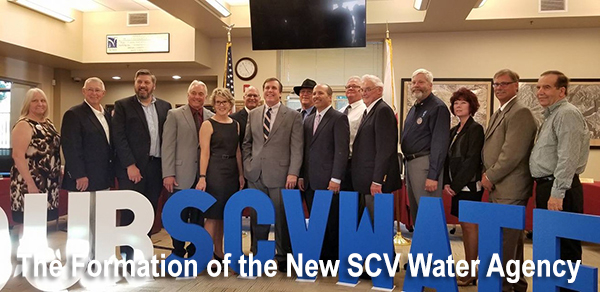
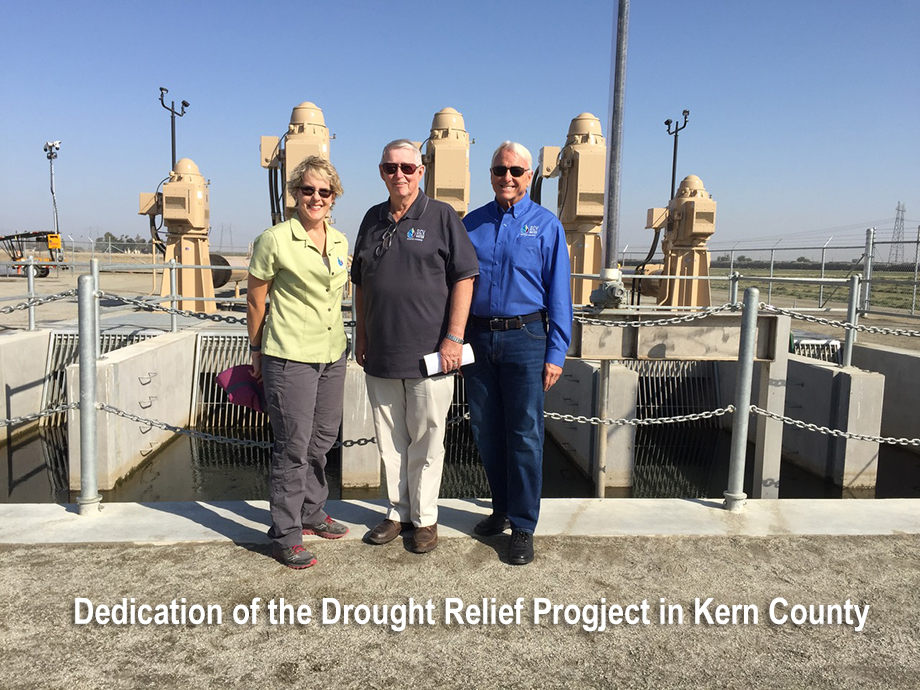
PFAS impact and solutions
One of the major challenges SCV Water is facing is the recent emergence of a chemical contaminant in our local groundwater. It is generally referred to as PFAS, an acronym for per- and polyfluoroalkyl substances. This is a group of man-made chemicals that have been manufactured for more than 70 years for a variety of uses, such as non-stick surfaces for cookware. In March, 2019 the State Water Resources Control Board issued an order to numerous California water systems based on sampling results from 2013 to 2015. SCV Water has been impacted by the SWRCB orders and, as a result, 40% of our groundwater wells have been voluntarily taken out of service pending installation of treatment facilities to remove the PFAS chemicals. The Board has already approved the design, construction and operation of facilities at a number of local well sites that will remove the contamination and recover the capacity lost by the well closures. This will continue to be a challenge going forward and is a critical priority for the Board and staff.
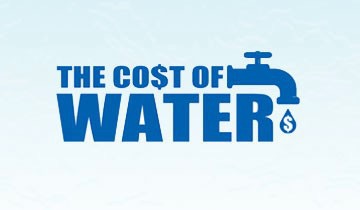
SGMA, SCV-GSA and protecting our groundwater
In 2014, the California Legislature passed a 3-bill package that is collectively known as the Sustainability Groundwater Management Act, or SGMA, which Governor Brown signed into law. The purpose of SGMA is to provide a legal framework and mechanism to manage California’s groundwater basins to achieve and maintain continued sustainability. The Santa Clarita Valley depends on groundwater from the Santa Clara River East Sub-basin for roughly 50% of its water supply. The basin comes under the jurisdiction of SGMA. Accordingly, the Santa Clarita Valley Groundwater Sustainability Agency (SCV-GSA) was formed in 2017 pursuant to SGMA. The SCV-GSA Member Agencies are SCV Water, the City of Santa Clarita, Los Angeles County, and Los Angeles County Waterworks Districts. The ultimate task of the SCV-GSA is to ensure the basin is in balance between pumping and recharge, which effectively protects and preserves this vital resource forever. Gary is a member of the SCV-GSA Board of Directors and will work to ensure the goals and objectives are achieved.
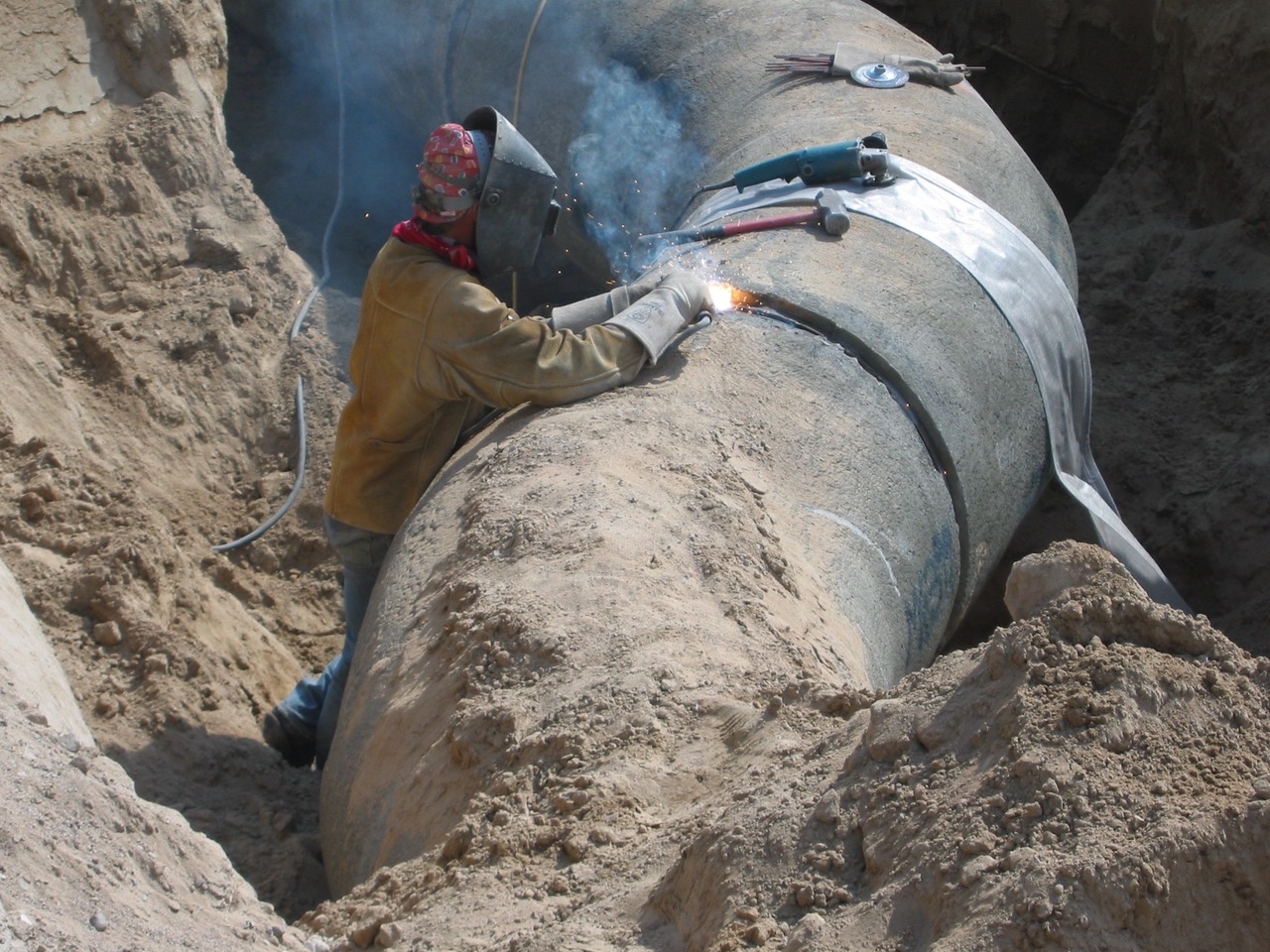
Water conservation and Recycled water
Gary strongly believes that water conservation and recycled water are fundamental components of a reliable water supply portfolio. He clearly recognizes the importance of both ensuring that adequate water supply is developed for the projected population build-out of the SCV and efficient use of water through conservation. This combination provides the most cost-effective water supply possible for the Agency’s customers. Water supply reliability in both normal and dry years is enhanced by reusing water; accordingly, the Agency has prepared a draft recycled water master plan. It remains in draft form while the various technical issues about the amount of water available for recycled use are resolved among environmental interests, resource agencies and the L.A. County Sanitation District.
Long-term water supply reliability
As I have said many times in the past about long-term water supply planning for the SCV, we stand on the shoulders of water managers and board directors that preceded us in the 1962 original formation of the Upper Santa Clara Valley Water Agency (subsequently re-named the Castaic Lake Water Agency). A year later in 1963, those visionaries, recognizing the SCV would eventually need a supplemental source of water to continue to serve our growing population, entered into a contract with the State of California Department of Water Resources for an original contract amount of 41,500 acre-feet per year (AFY) from the State Water Project, commonly referred to as imported water. Over the years, the forward thinking board and management acquired additional SWP water, so that today the total contract amount is 95,200 AFY. In addition, the Agency entered into several other water banking and supplemental water supply agreements such that today, SCV Water has an extensive and diversified water supply portfolio that effectively drought-proofs the SCV. And these efforts continue. As recently as 2019, SCV Water, along with its banking partners Rosedale-Rio Bravo Water Storage District and Irvine Ranch Water District completed the “Drought Relief Project” in Kern County that greatly expanded our ability to recover water stored underground for future use during dry years. Ensuring the long-term water supply reliability for the SCV will continue to be a top priority.
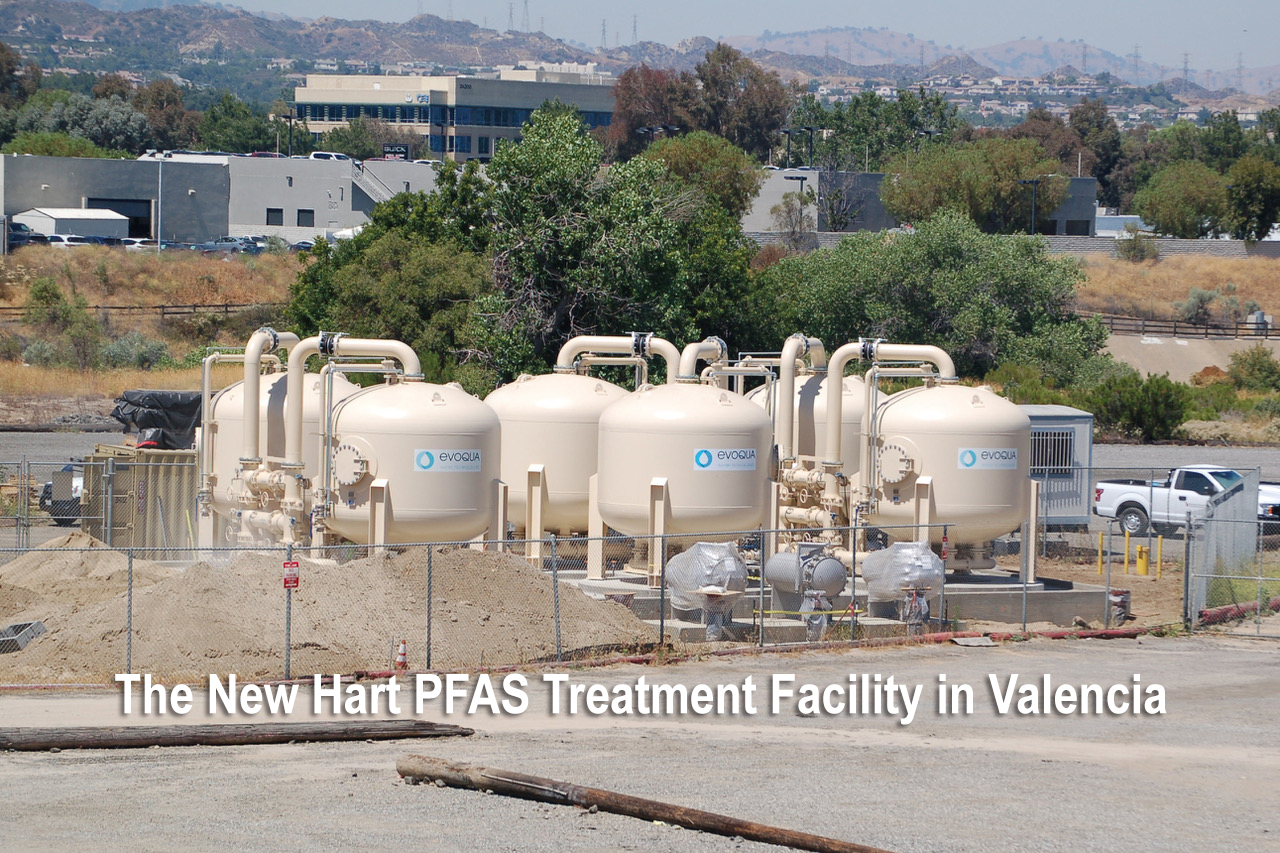
Ratepayer advocacy and protection
One of the important provisions of SB 634 is the requirement to contract with an independent ratepayer advocate. This entity is an established and recognized water rate expert that would independently assess water rates charged to customers. The ratepayer advocate is selected by the Board and will work in parallel with Agency staff during all future rate setting efforts. I look forward to working with the advocate to ensure, in a completely transparent manner, that our customers will always pay a fair and reasonable price for their water service.
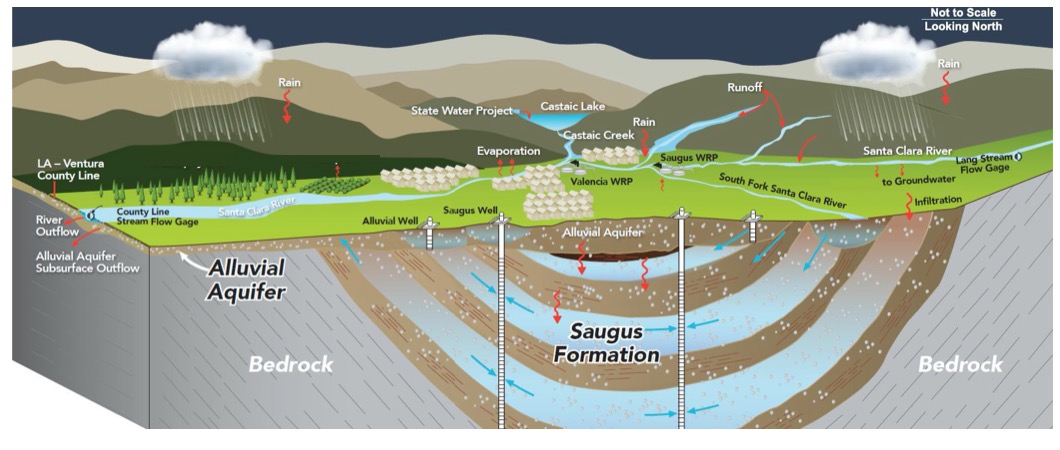
Fairness doctrine and ensuring that land developers pay their fair share for future users
One of the guiding principles of the former Castaic Lake Water Agency was the fairness doctrine. This policy requires future users – that is, developers – pay the cost of providing water resources and water infrastructure for new development and not burden existing users with those costs. That policy continues under SCV Water.
